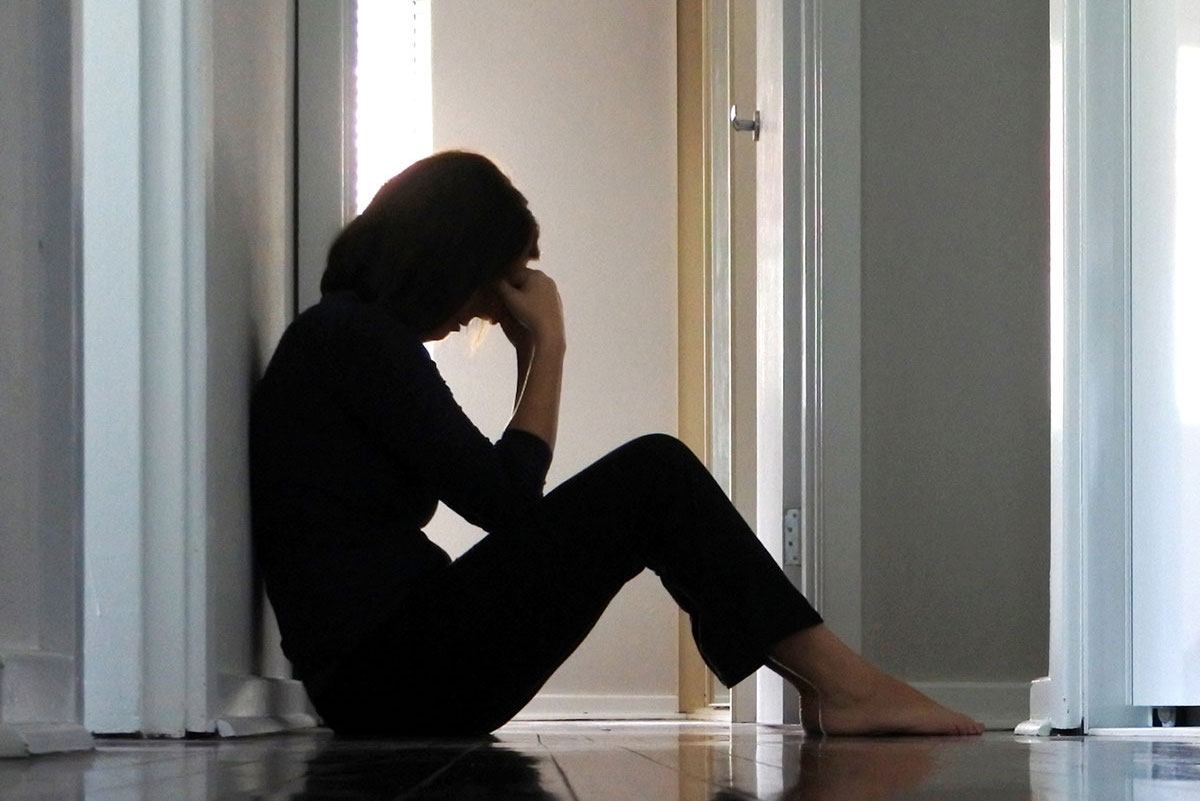Is too much screen time bad for your mental health? While there are risks for people of all ages, excessive screen time may have a serious impact on the developing minds of children and teens.

While there are risks for people of all ages, excessive screen time may have a serious impact on the developing minds of children and teens. One study found that 77% of 12-year-olds with social phobia reported more than 2 hours of daily use of electronic devices, as did 90% of children with high risk for depressive symptoms.
So how does screen time influence mental health?
Screen time can trigger sleep disorders.
According to the National Sleep Foundation, the use of electronic devices, especially at night, can significantly affect your sleep cycle. The blue-colored light from screens can disrupt your body’s production of the sleep hormone melatonin. Using devices late at night also can trick your brain into trying to stay awake longer.
The connection between mental health and sleep is not fully known, but several studies have found correlations between sleep disorders and mental illnesses. A lack of sleep may increase stress, impair the brain’s ability to regulate emotions, and negatively affect thinking.
Screen time reduces in-person interaction.
Some experts suggest that excessive technology use may impair a child’s ability to function and relate socially. This reduced socializing from overuse of electronics can also affect mental health. Numerous studies have shown that more social connections can lower your risk of heart disease and death. Emotional support from social relationships can limit stress, reduce a person’s risk of harmful behaviors, and provide a sense of purpose.
Research by Jean Twenge, professor of psychology at San Diego State University, found that happiness in teens was most strongly associated with sports, face-to-face socializing, and religious services. Online computer games and social media negatively correlated with happiness.
Social media leads to comparison.
On social media, most people share only their best pictures and happiest memories. This may cause us to compare our lives unfairly to those of our friends and other connections.
In children and teens, as well as adults, this can lead to envy, low self-image, and anxiety. Twenge’s study, published earlier this year in the journal Emotion, found that 13 percent of U.S. children in eighth and tenth grade who spent spent 1 to 2 hours a week on social media said they were “not happy.” The rate increased to 24 percent for those who said they spent 40 or more hours a week on social media.
How can you reduce screen time?
Although difficult to achieve, reduced screen time can improve a child’s mental health and wellbeing. Families can reduce their children’s use of electronic devices with a series of small steps.
- Parents should set an example and limit their own screen time, especially in the evenings.
- Keep TVs and phones out of bedrooms.
- Install apps and extensions that limit access to certain websites.
- Encourage mindfulness exercises.
- Limit multitasking.
- Parents and children can discuss their hopes and goals, and whether device use helps them achieve these things.
- Encourage face-to-face, in-person interactions.
Good mental health is important for families. Contact Beckett Springs to get the help your family deserves.






